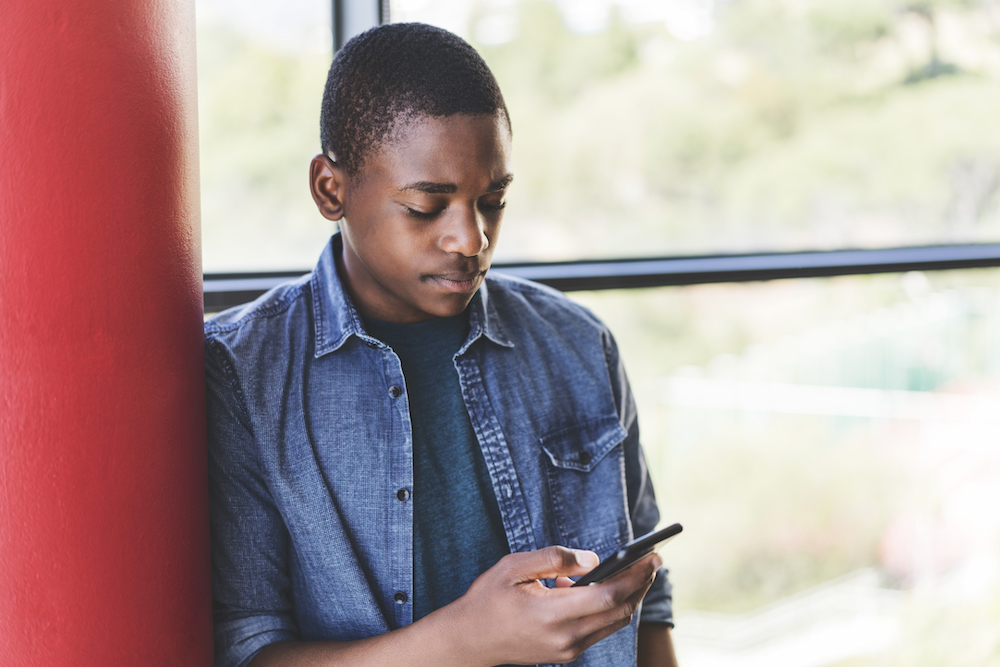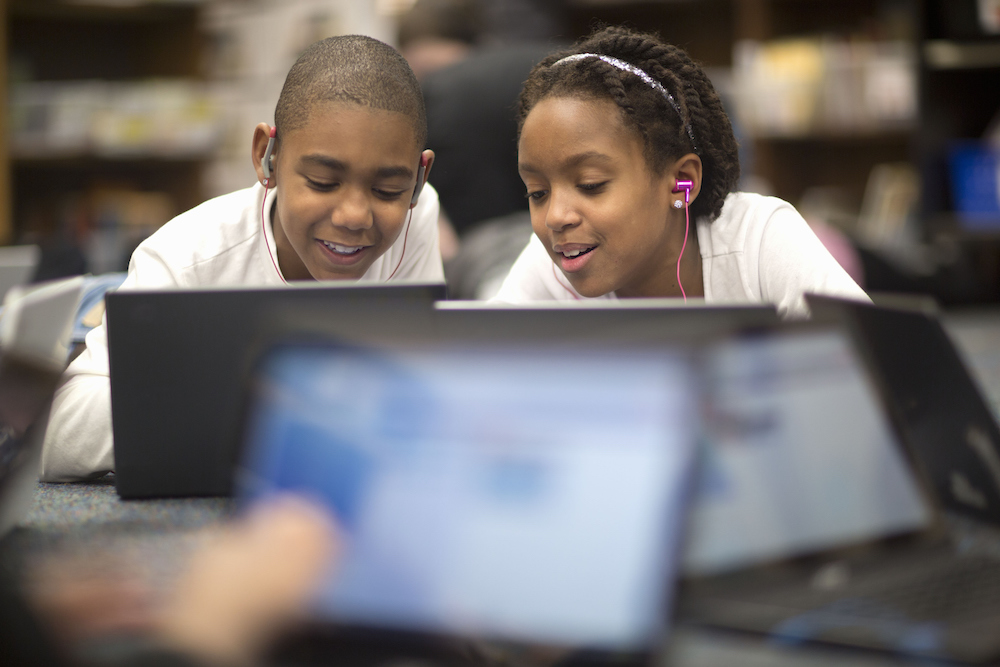Lesson Objective
Participants will know how to manage the security of their devices, applications, often known as apps, and passwords.
Participants will know how to manage the security of their devices, applications, often known as apps, and passwords.

Ready?
Begin Lesson
Media literacy is the ability to access, analyze, evaluate, create and act on using all forms of communication. Media literacy includes the ability to recognize messages in various forms, understand how messages can affect people differently and be thoughtful about what content and media to share.
Media literacy can help people be effective and informed consumers and creators of media content in a global society.
The United Nations Educational, Scientific and Cultural Organization (UNESCO) considers media literacy an important part of human rights and created five laws of media and information literacy:

Congrats!
You've finished the lesson
This content is hosted by Meta and currently includes learning resources drawn from Get Safe Online and Digital Promise under a Creative Commons Attribution-ShareAlike 4.0 International license.

Students will learn how to keep their online information more secure by using and maintaining strong passwords.
View Page
Students will learn to recognize unsecured Wi-Fi when it is available to them, understand the trade-offs inherent in using unsecured Wi-Fi, and make informed decisions about when to connect to and use unsecured Wi-Fi.
View Page
Students will learn about malicious online users who might attempt to use security weaknesses to gather information about them.
View Page
Students will learn what information verification is and why it is important for news consumers.
View Page
Students will learn about a five-step checklist they can use to verify the origin, source, date, location, and motivation of news.
View Page
Students will learn how to keep their online information more secure by using and maintaining strong passwords.
View Page
Students will learn to recognize unsecured Wi-Fi when it is available to them, understand the trade-offs inherent in using unsecured Wi-Fi, and make informed decisions about when to connect to and use unsecured Wi-Fi.
View Page
Students will learn about malicious online users who might attempt to use security weaknesses to gather information about them.
View Page
Students will learn what information verification is and why it is important for news consumers.
View Page
Students will learn about a five-step checklist they can use to verify the origin, source, date, location, and motivation of news.
View Page